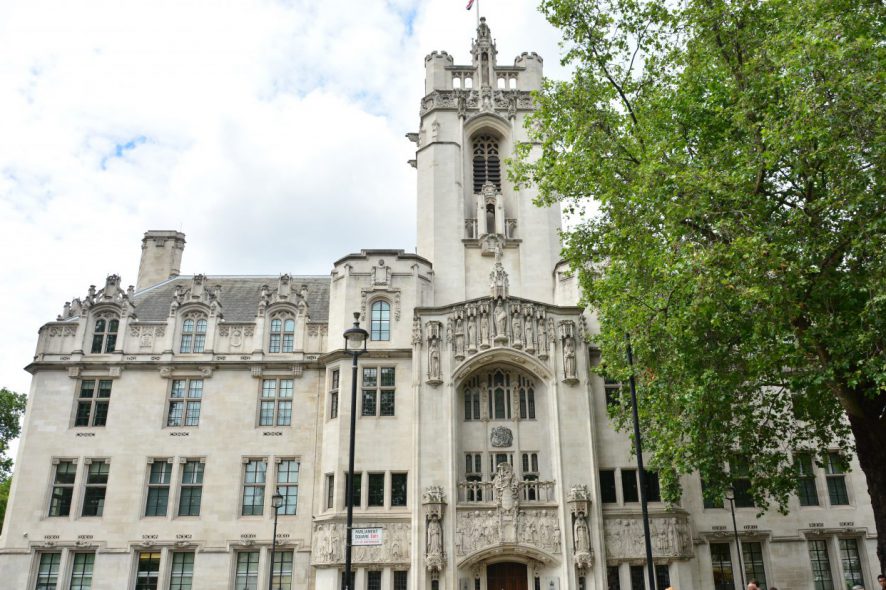Supreme Court of United Kingdom: In an appeal filed by a Landlord against the liability from failure to keep ‘paved area outside the building’ in repair as per the Section 11 of the Landlord and Tenant Act, 1985, the Court allowing the appeal, held that the landlord is not in breach of his statutorily implied obligation for carrying out repairs until he has the notice of the disrepair.
Section 11 of the 1985 Act applies to Sub-tenancy agreements and extends the landlord’s statutory repairing covenants to “keep in repair the structure and the exterior of the dwelling-house”. In the present case, the subtenant having tripped over an uneven stone on a paved way which was the main access to the building and suffered injuries, had brought action against the landlord for the breach of the provision. The Court of Appeals had allowed the case but in the present appeal the Court took a contrary view.
The Court held that the expressions of the obligations under the Section 11 should be given a natural meaning rather than an artificially wide one. It held that, the fact that a piece of property is a necessary means of access to a building cannot be sufficient for it to constitute part of the ‘exterior’ of that building. Therefore, the paved way did not fall within the ambit of the provision. Moreover, the Court as an exception to the general principle upheld the rule that, the landlord is not liable under a covenant with his tenant to repair premises which are in the possession of the tenant and not of the landlord unless and until the landlord has notice of the disrepair. Relying on a number of cases which had earlier upheld the rule the Court held that the landlord could only be held liable if he had had notice of the disrepair before the accident, which he did not have. In accordance with both the observation the appeal of the landlord was allowed. [Edwards v. Kumarasamy [2016] UKSC 40, decided on 13 July 2016]


